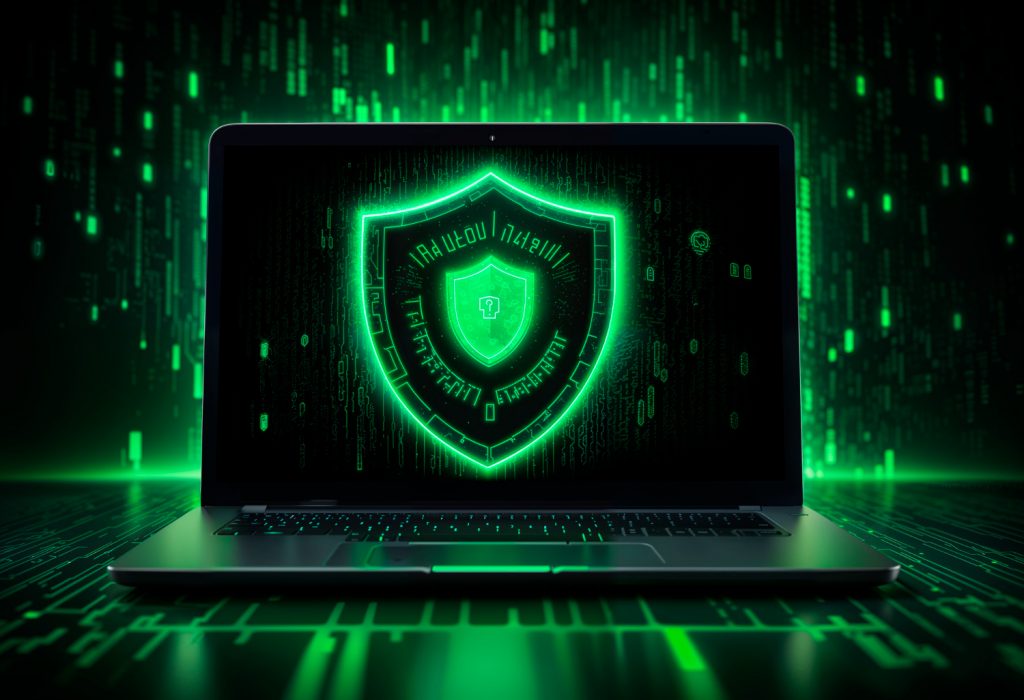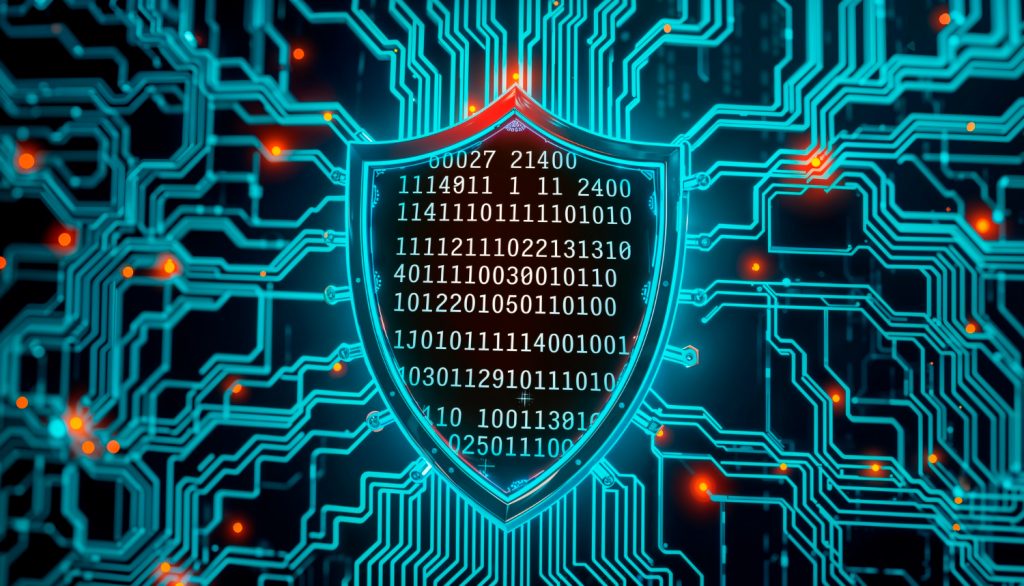The security implications of an expanding sprawl of devices, software, SaaS applications, users, and cloud services are important.
However, poor cybersecurity creates a critical risk for the overall business. Chief among them is a higher risk of business disruptions.
A breach might make essential data or systems unavailable, preventing the business from functioning. Therefore, the rate of change makes the manual work of managing, finding, and securing all these assets not tedious but error-prone and wasteful of valuable resources.
To mitigate cybersecurity threats, business firms must adopt strategies to resolve the breach issue.
This article will emphasize cybersecurity threats faced in asset tracking and strategies that will help resolve the issues.
Common Cybersecurity Threats In Asset Tracking

Below-mentioned are common cybersecurity threats in asset tracking.
1. CEO Fraud
CEO fraud and business email compromise (BEC) pose significant challenges to asset tracking for business owners.
Therefore, this type of cyberattack can lead to financial losses and disruption of operations. Similarly, it occurs when an attacker impersonates a high-ranking executive, typically through email, to trick employees into transferring money or confidential information.
Furthermore, asset tracking could mean convincing your business to approve a large purchase. It might also be a transfer that diverts funds intended for legitimate tracking systems or physical assets.
This threat might cause your business to lose money. This can result in inventory discrepancies, misallocation of resources, and difficulties in auditing.
2. Ransomware
Ransomware significantly threatens asset tracking systems, impacting businesses across various industries. These systems often rely on connected devices and networks to monitor and manage assets, making them prone to cyberattacks.
Sensitive asset information, such as ownership, location, and financial details, can be compromised. If cybercriminals steal this data alongside encryption, they may leverage it for further extortion or sell it on the dark web.
So, when a ransomware attack occurs, a malicious breach can encrypt critical data related to asset tracking.
This can lead to:
- Disruptions in operations.
- Loss of visibility over inventory.
- Need to work on managing assets effectively.
However, you may find your business still looking for items. This often leads to delays in production or logistics, which can ultimately affect the firm’s goodwill.
3. Payment Fraud
Payment fraud poses a significant threat to asset tracking systems, as it can undermine the precision and reliability of financial transfers related to asset management.
Fraudulent activities, such as chargebacks or using stolen payment information, can lead to financial losses and disruption in inventory control.
So, when payments are initiated deceptively, assets may be acquired without legal transactions, complicating the tracking of ownership and inventory levels.
Furthermore, asset tracking systems rely on data integrity to function effectively. If fraud is present, it can lead to discrepancies in reported data, making it challenging to assess the actual status of assets.
4. Data Breaches
Due to its cloud-based nature, Access Control as a Service (ACaaS) can indeed experience data breaches.
When access control systems are hosted in the cloud, they may face various security challenges, such as:
- Unauthorized access.
- Data interception.
- Potential misconfigurations.
One of the primary risks is the reliance on internet connectivity, which can expose sensitive data to interception during transmission.
Moreover, user authentication is important. Weak passwords or insufficient multifactor authentication can allow unauthorized users to gain access to the system.
Compliance and ensuring that data is handled according to regulations also pose risks, especially if the service provider stores data across different regions.
5. Automated Methods
Criminals often leverage automated methods to launch large-scale attacks on various businesses, using customized malware to ruin specific susceptibilities.
Similarly, this approach will permit the ransoms to efficiently target multiple systems simultaneously. It will further increase your business’s chance of success while reducing the time and effort required for each attack.
On the other hand, automated tools also enable attackers to refine their techniques continuously based on real-time feedback.
This is because as the tools gather data from previous attacks, they can adjust their malware to improve its effectiveness against specific targets. It is even more challenging for organizations to defend against such threats.
Strategies To Mitigate Cybersecurity Risk

Below-mentioned are strategies to resolve cybersecurity risks faced within the business.
1. Conduct Risk Assessment
Perform a cybersecurity risk assessment to identify the issues your business faces or might face in the coming years.
Similarly, the risk assessment results will anticipate your organization’s readiness to respond to security events and uncover your infrastructure’s vulnerabilities to common attacks, such as malware, ransomware, brute-force attacks, and more.
Install asset tracking software in your business to conduct risk assessments efficiently. This will help you track location, save fleet costs, and improve asset management.
In addition, you can also include the following steps:
- List down all physical and digital assets and their potential threats.
- Create a risk register listing risks and mitigate steps.
- Analyze each threat’s likelihood and impact on the organization.
2. Continuous Monitoring
When prioritizing vulnerabilities based on the challenges to business assets, it is essential to evaluate both the likelihood of exploitation and the potential impact on the organization.
Here is a structured approach to help with this task:
- Identify assets.
- Determine potential impacts.
- Analyze the likelihood of each vulnerability being exploited.
- Use a risk scoring system to combine impact and probability into a single score.
- For high-priority vulnerabilities, devise appropriate remediation plans.
3. Include Asset Lifecycle Management
To successfully manage each asset throughout its lifecycle, it is vital to incorporate a structured approach that includes the following critical practices:
- Maintain an up-to-date inventory of all assets, including hardware, software, and licenses.
- Establish a schedule for routine updates to ensure that all assets are running the latest software versions.
- Implement a patch management strategy to check for and apply security patches regularly.
- Use monitoring tools to track asset performance and health.
By incorporating these practices, you can ensure that each asset is effectively managed, enhancing security, performance, and longevity throughout its lifecycle.
Wrapping Up
Thus, asset-tracking software can be implemented within the business for multiple uses. The business needs to identify, address, and assess the security risk posed by devices and assets of all types.
However, it is best to create essential security awareness for the staff to assist them in spotting warning signs and trigger alerts.
The systematic monitoring of security log files can give the security team early warnings of possible attacks.
Read Also:






















